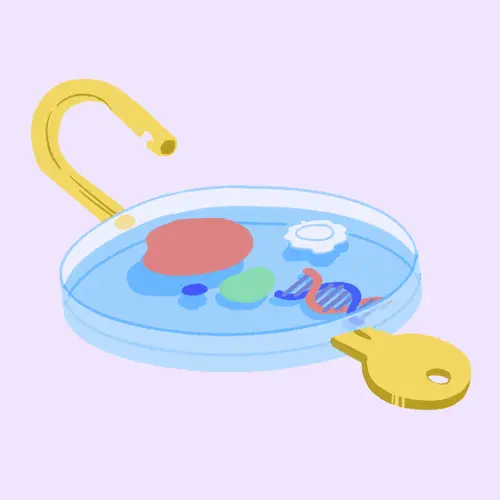What You Should Know
Many kids have allergies. As a parent, you'll want to know what to expect.
For instance, if your child has a mild allergy such as hay fever, which is usually seasonal in the spring or fall, you can expect symptoms such as:
- Watery, runny eyes
- Runny nose
- Sneezing
- Nasal congestion
These symptoms can make your child feel bad, but it's not life-threatening.
But sometimes a child can have what's known as anaphylaxis, a severe allergic reaction that needs immediate treatment. Many cases are caused by food allergies, medications, or insect stings.
Do you know what to watch for?
Anaphylaxis Signs and Symptoms
Most anaphylactic reactions have signs or symptoms in two or more areas of the body.
Signs are problems that someone notices. Symptoms are what a person is feeling.
- Trouble breathing or noisy breathing
- Coughing, wheezing
- Sneezing
- Congestion
- Tightness in the lungs
- Hoarseness
- Chest pain
- Low blood pressure
- Weak, rapid pulse
- Dizziness, fainting
- Pale or flushed skin
- Hives or welts
- Itchy skin
- Sweating
- Swelling of the throat, face, lips, or tongue
Stomach and Digestion
What Happens During Anaphylaxis?
The person's airways narrow and their throat swells, which can make it hard to breathe. Their blood vessels widen, making their blood pressure fall, sometimes to dangerous levels.
Anaphylactic reactions usually happen fast. Symptoms often become the most serious within 3 to 30 minutes of exposure to the allergy trigger. Quicker reactions are usually more severe.
Be Prepared
A child who has had a severe allergic reaction should carry an emergency kit that includes an epinephrine (adrenaline) auto-injector or nasal spray.
You should know how to use the epinephrine. So should your child's teacher. Your child may also be old enough to use it on themselves. Ask their doctor if they're ready for that. (Kids must weigh at least 66 pounds to be prescribed the nasal spray.)
Make sure there's also a policy in place for before- and after-school activities.
As soon as possible after the allergic reaction starts, give the child one dose of the drug. Even if you're not sure the symptoms are allergy related, don’t hesitate to give them epinephrine. Waiting can be much more harmful than the medication. They may need more than one dose, so be prepared to follow up with another within 5 to 15 minutes.
The child may not need emergency medical care after using epinephrine if they recover quickly and fully and have a second dose of the medication on hand. But call 911 if:
• Their allergic reaction is severe
• Their symptoms don't get better quickly and completely or nearly completely
• Symptoms come back or get worse
When in doubt, seek medical treatment right away.
Restock any items you use from the emergency kit so it's ready at all times. Like all drugs, epinephrine has an expiration date, so check the dates on each injector or nasal spray device.




